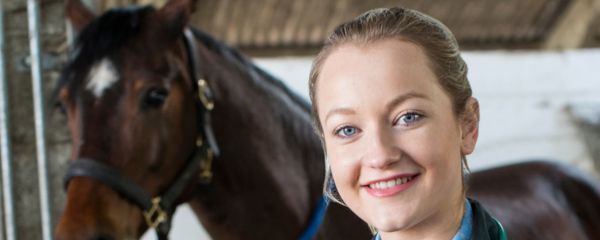
In-company Programmes for Veterinary Science
Enhancing Staff Expertise & Improving Service Quality
The Faculty of Veterinary Medicine at Utrecht University offers customised in-company programmes for organisations in veterinary medicine, animal care, and related sectors that want to invest in the professional development of their staff and the quality of their services.
Our approach
We educate the veterinarians and researchers of the future, deliver high-quality animal healthcare, and conduct groundbreaking research. Building on this expertise, our in-company programmes are both scientifically sound and immediately applicable in practice.
Our vision on health is broad: we recognise the interconnectedness of animals, humans, and the environment. This holistic perspective forms the foundation of our approach.
How can we support you?
Every organisation is different. That’s why we tailor each programme to your organisation’s specific goals, challenges, and needs. We offer short trainings, multi-day courses, or ongoing education programmes — all aligned with your daily practice and focused on achieving measurable development in the workplace.
Designed for:
Our in-company programmes are designed for professionals in animal health, animal care, veterinary services, and veterinary research who are looking to:
- deepen and broaden their professional knowledge and skills
- improve the quality of care they provide to animals
- boost employee engagement and motivation
- position their organisation as an innovative and attractive employer
- access up-to-date, practical knowledge aligned with societal and sector developments
“Our health philosophy is rooted in the recognition of the interconnection between animals, humans, and the environment. This holistic perspective underpins our approach.”
Explore examples of our in-company training programmes
-
Animal Health & Welfare Training for Police Officers
Yteke Elte, in collaboration with the Police Academy, delivers a programme in which officers learn what animal welfare entails and how to approach different species. The training also introduces the role of the veterinarian in such contexts.
-
Interpreting Blood and Urine Test Results in Companion Animals
Using case studies, key explanations are discussed for each abnormal parameter. Based on the full clinical picture, participants develop a differential diagnosis, which is then evaluated to determine whether all abnormalities can be accounted for.
Interested in working with us?
Let’s explore the possibilities together — we’re happy to think along with you. For a non-binding conversation, please contact Chantal Kooyman
